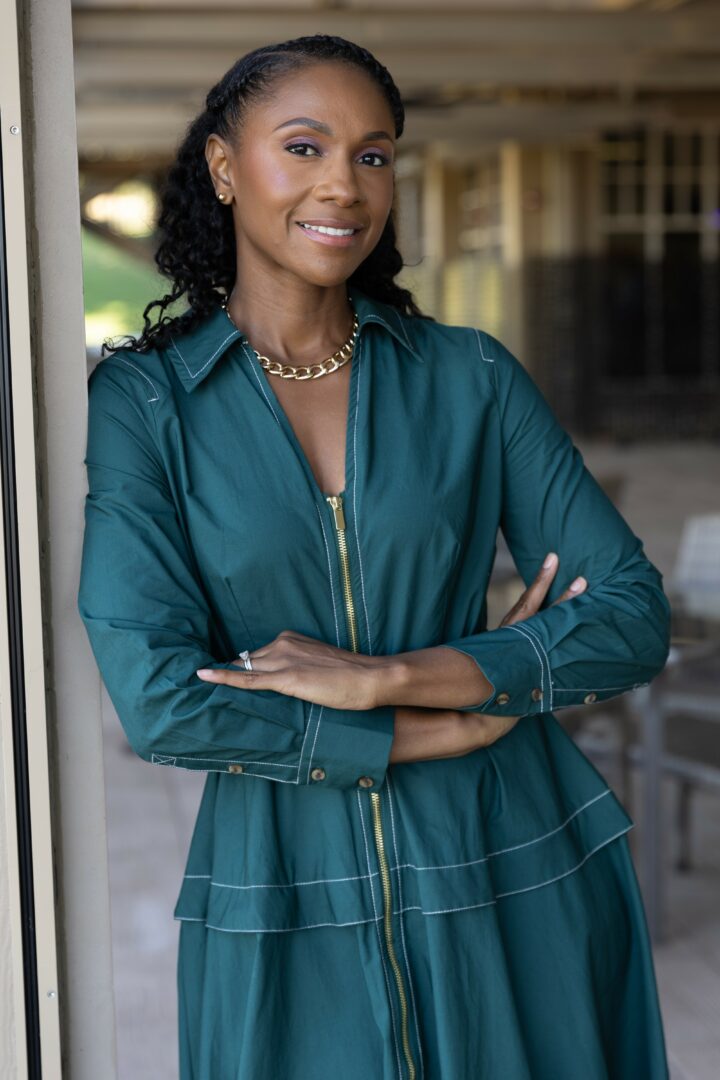We caught up with the brilliant and insightful Dr. Julia Wiener a few weeks ago and have shared our conversation below.
Dr. Julia, thanks so much for taking the time to share your insights and lessons with us today. We’re particularly interested in hearing about how you became such a resilient person. Where do you get your resilience from?
When people ask me, “Where do you get your resilience from?” I often smile, because it’s a question I’ve been asked many times throughout my life. Resilience, for me, was forged early on, watching my single mother work two jobs to provide for our family. She set the bar high, demanding excellence in everything I did, and she often reminded me of the realities of the world we lived in. “You’re starting life with two strikes against you,” she’d say. “You’re Black, and you’re a woman. You’ve got to be twice as good.” While I don’t think anyone should live in fear of failure, those words lit a fire in me, pushing me to channel my energy into becoming the best version of myself.
Growing up, I saw firsthand the devastating ripple effects of drug and alcohol abuse within my family. I watched how it robbed people of their potential, creating cycles of pain and despair. It would have been easy to give up, to let my circumstances define me. But something inside me refused. Whether it was the high standards my mother instilled in me or my own desire to rise above, I was determined to chart a different course. I focused on education, sports—earning a full scholarship to play basketball in college—and building my faith. These pillars became the foundation for the life I was determined to create.
Later in life, my resilience was tested in a way I never imagined. In 2020, I lost my son to a cord accident shortly after his birth. Those weeks in the NICU, followed by the weeks we spent with him at home under hospice care, were the hardest moments of my life. The grief was overwhelming, and for a time, I couldn’t see how I could move forward. But once again, I leaned on the lessons I learned as a child—focus on what you can control, surround yourself with people who believe in you, and never quit. My loving husband, church community, professors, and amazing friends rallied around me, giving me the strength I needed to continue pursuing my Ph.D., even when I wanted to give up. Their love and support became the foundation on which I rebuilt my life.
Resilience, to me, is not about being unshaken by life’s challenges—it’s about learning to bend without breaking. It’s about finding strength in the darkest moments and holding onto the belief that there’s light on the other side. My journey, shaped by my mother’s wisdom, my determination to rise above my surroundings, and the love of my community, has taught me that resilience is not just a skill; it’s a way of life. It’s about facing the unimaginable and deciding, every single day, to “keep going,” as my best friend always tells me.
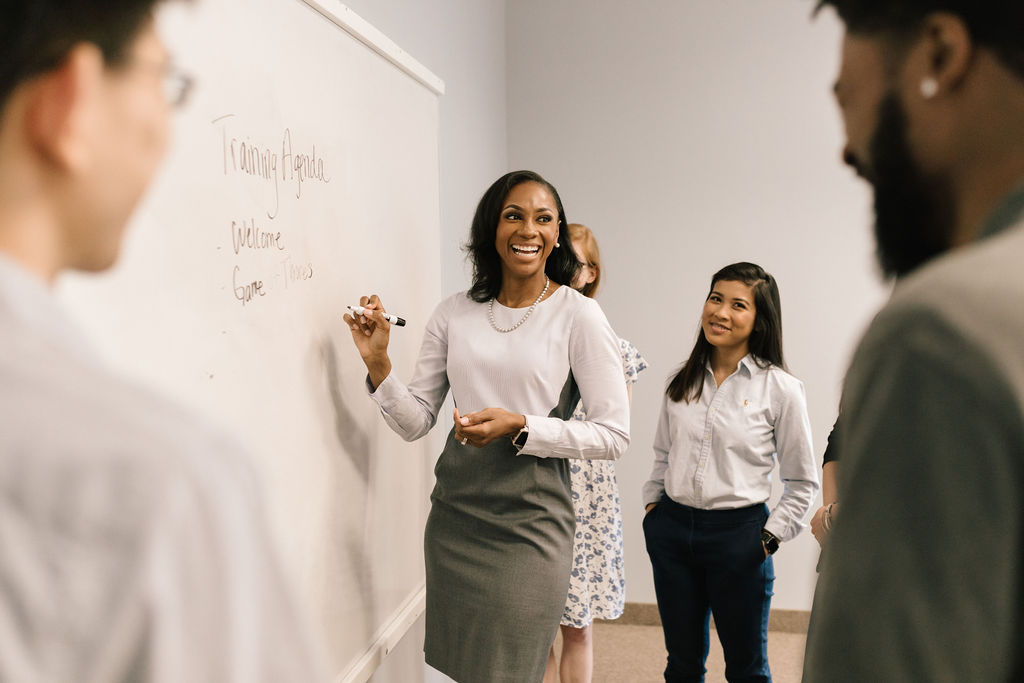
Great, so let’s take a few minutes and cover your story. What should folks know about you and what you do?
I am the founder of JW Strategies, a consultancy dedicated to creating workplace cultures where people want to show up, contribute, and succeed. Whether it’s through executive coaching, designing leadership programs, or transforming company cultures, I help businesses solve the real, messy challenges they face every day. My experience ranges from co-founding a startup that grew from four employees to over 300 before being acquired by a Fortune 500 company, to over a decade in corporate leadership roles, including time spent as an expatriate contractor in Afghanistan. This breadth of experience means I don’t just know what works on paper—I know what works in practice, even under the toughest conditions.
This year, I’m especially excited about expanding JW Strategies through digital products. I’m launching a course on leadership and building strong company cultures, crafted for leaders who want to prepare their organizations for the future. These courses aren’t just another set of leadership tips—they’re practical, actionable, and ready for businesses to integrate directly into their learning management systems. They focus on helping leaders create workplaces that inspire creativity, foster collaboration, and support sustainable growth.
Alongside the course, I’m launching a podcast and YouTube channel to explore the intersection of leadership and company culture. These platforms will bring together top executives, thought leaders, and fascinating stories to spark new ideas and challenge the way we think about the workplace.
JW Strategies is more than a consultancy—it’s a movement to rethink how we lead, work, and build cultures where people thrive. If you’re ready to reimagine what’s possible for your organization, I’d love to connect.
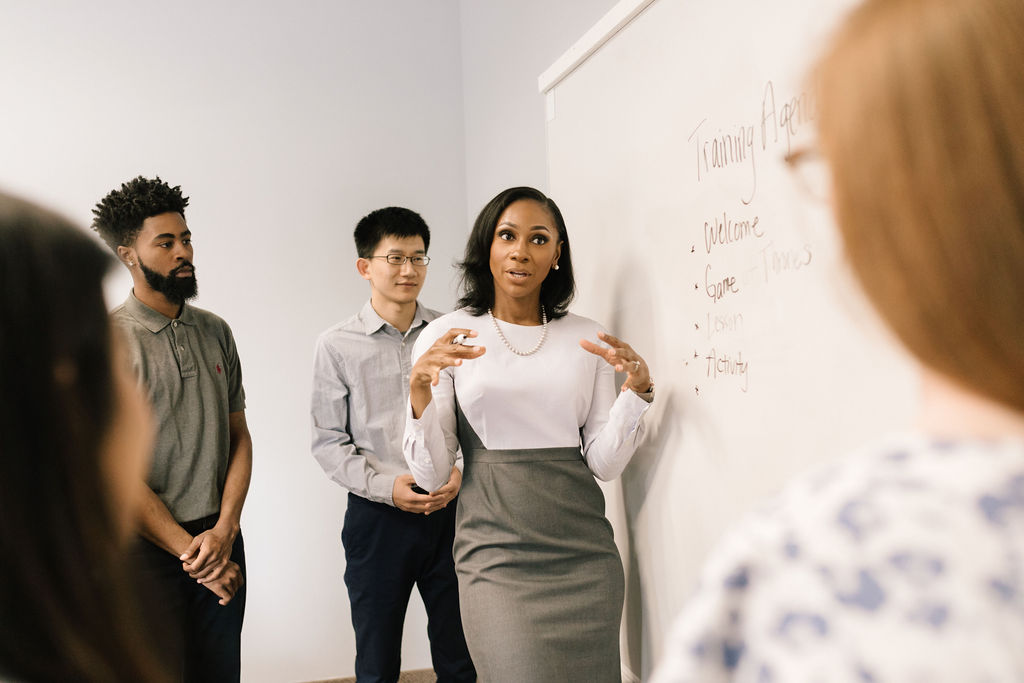
Looking back, what do you think were the three qualities, skills, or areas of knowledge that were most impactful in your journey? What advice do you have for folks who are early in their journey in terms of how they can best develop or improve on these?
Looking back, three qualities have been the most impactful in my journey: follow-up and follow-through, reading body language and social cues, and finding ways to help others.
1. Follow up and follow through: This might sound simple, but it’s incredibly rare—and powerful. Be the person who does what they say they will do. If you tell someone you’ll email them, do it. If you commit to a timeline, stick to it or send a timely update when you cannot. When you meet someone, a short email saying, “It was nice to meet you,” can set you apart. Responsiveness and reliability build trust, and trust is the foundation of all great relationships, personal or professional.
Guidance: Build habits around this. Use reminders, to-do lists, or calendar notes to stay on top of follow-ups. It’s not about being perfect; it’s about being consistent and showing people they can count on you.
2. Watch body language and social cues: Communication is about so much more than words. Over time, I’ve learned to pay attention to what people aren’t saying. Are they leaning in or pulling away? Do they look energized or disengaged? These subtle signals tell you how your message is landing and whether you need to adjust your approach.
Guidance: Practice observing people in everyday interactions. Pay attention to tone, posture, and facial expressions. It’s not about becoming a mind reader—it’s about learning to listen with your full body as much as your ears.
3. Look for how you can help others: I think of this like a matching exercise. In one column, list your skills and unique abilities. In another, consider what the person in front of you might need. If there’s a natural connection, offer your help. If not, don’t force it. Approaching relationships this way helps you create meaningful, authentic connections without expecting anything in return.
Guidance: Take time to reflect on what you genuinely enjoy and do well. The clearer you are about your strengths, the easier it will be to see opportunities to help others. Remember, it’s not about trying to be all things to all people—it’s about showing up in a way that’s real and valuable.
These three qualities have shaped my journey and opened countless doors. For those just starting out, my advice is to focus on these small but powerful practices. They might seem subtle, but they can have an outsized impact on your growth and success.
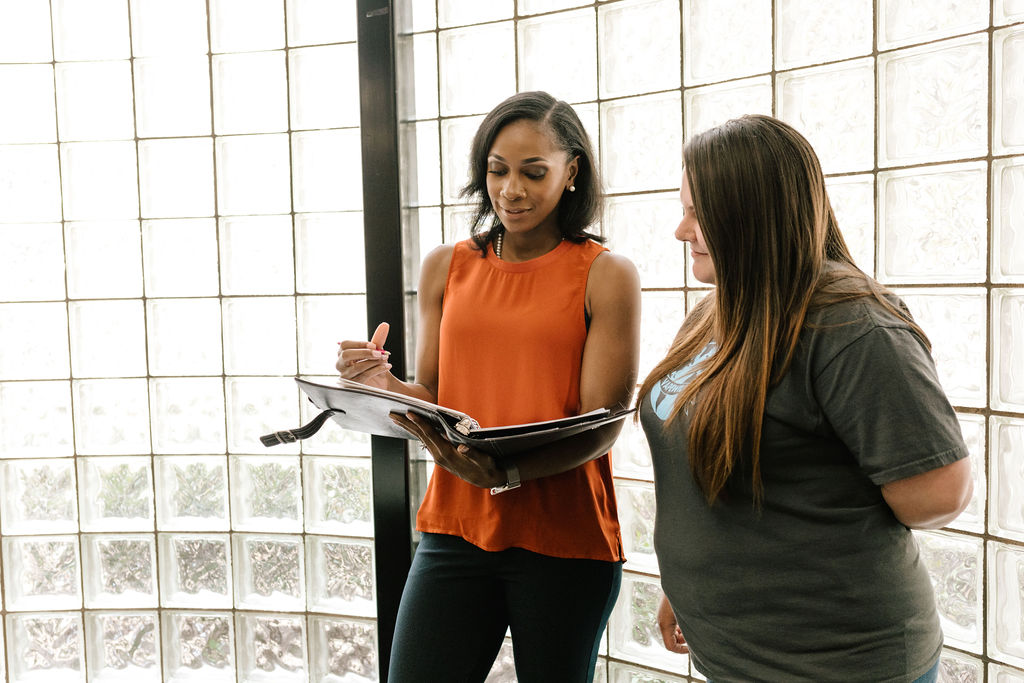
Who is your ideal client or what sort of characteristics would make someone an ideal client for you?
For digital courses:
My ideal client is someone who is eager to take their development into their own hands. They are motivated leaders who don’t wait for their organization to provide training—they actively seek out opportunities to grow. These are self-starters who want practical, actionable strategies to create environments where people thrive, without wasting time on endless coursework. They don’t want a Ph.D.—I’ve already done that for them. Instead, they want concise, impactful lessons they can apply immediately to take their careers and their organizations to the next level. They value access to me for questions and follow-up but are independent learners who appreciate the flexibility to grow at their own pace.
For consulting projects and workshops:
My ideal client is an executive who recognizes that culture isn’t just an HR responsibility—it’s the foundation of their organization’s success. They’re not afraid to tackle the tough challenges, like addressing misalignment, communication breakdowns, or leadership gaps. These clients are bold, forward-thinking, and ready to invest in meaningful change. They value collaboration and want a partner who will bring both theory and practice to the table, providing customized solutions that drive real results. Above all, they are committed to creating workplaces where people feel valued, engaged, and inspired to do their best work.
Contact Info:
- Website: https://jwstrategies.com/
- Instagram: https://www.instagram.com/jw.strategies
- Facebook: https://www.facebook.com/jw.strategiesllc
- Linkedin: https://www.linkedin.com/company/jwstrategies
- Youtube: https://www.youtube.com/@JWStrategies
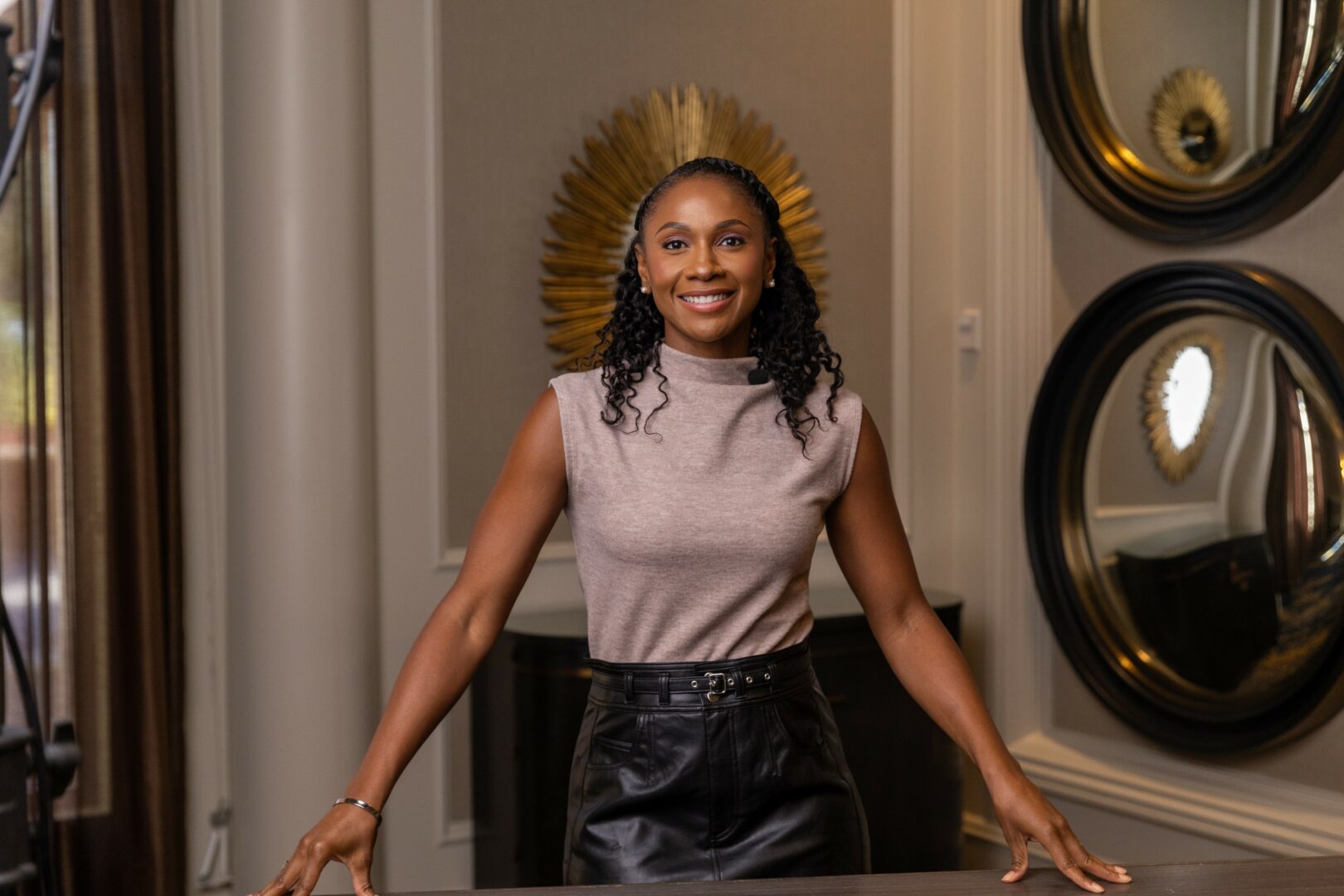
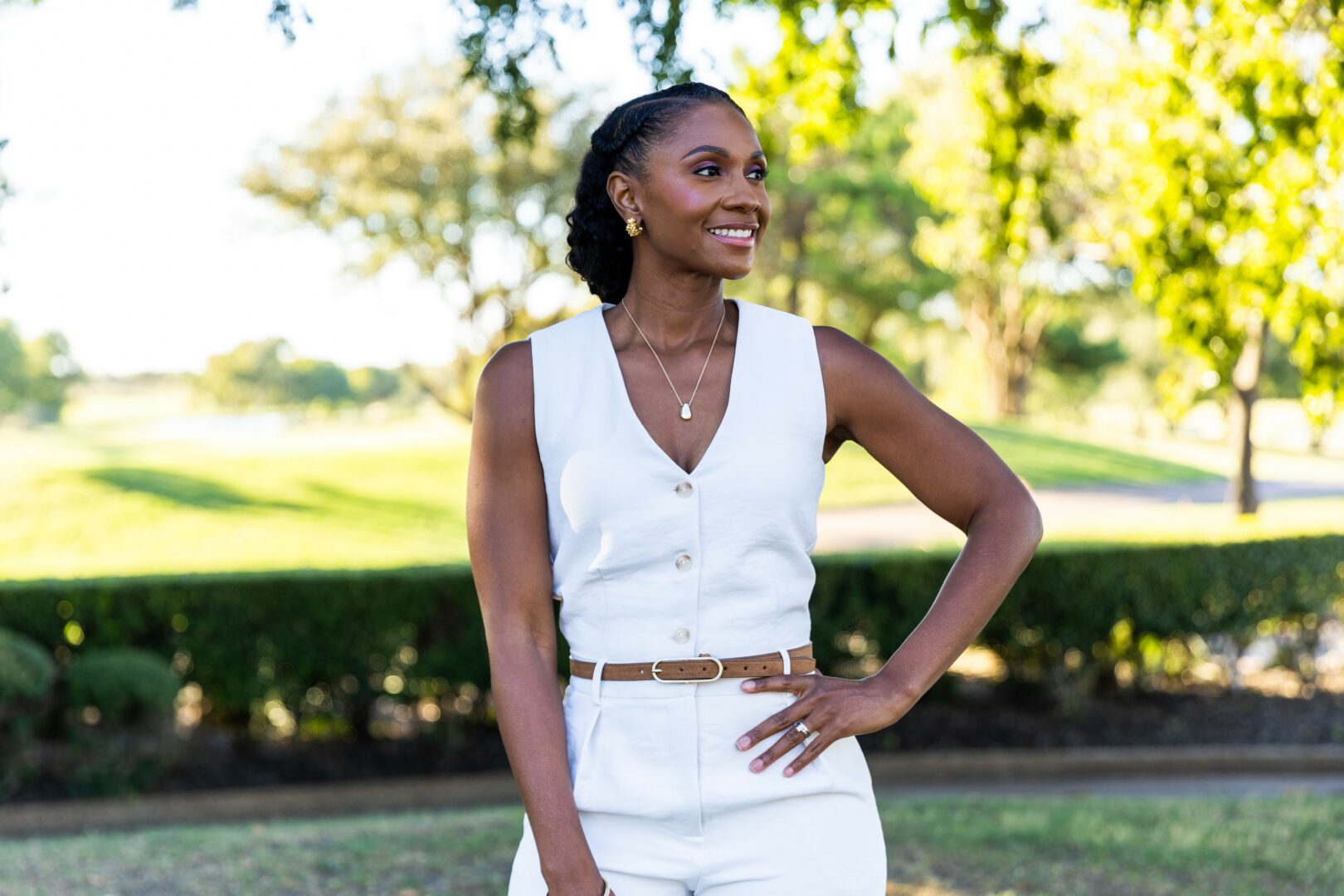
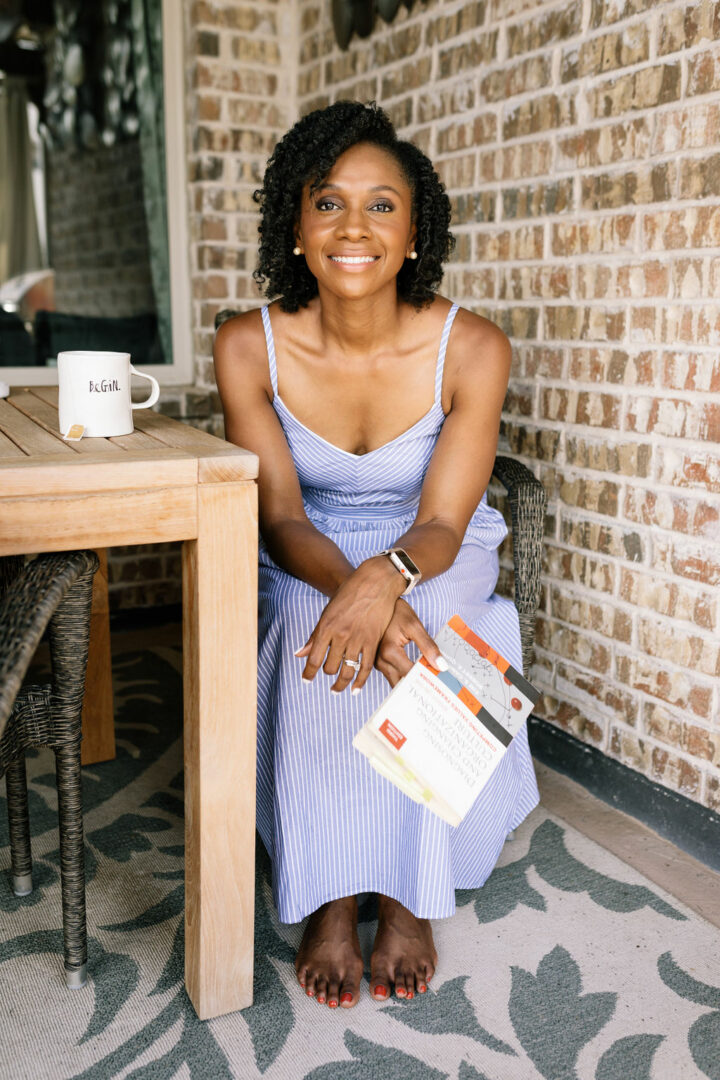
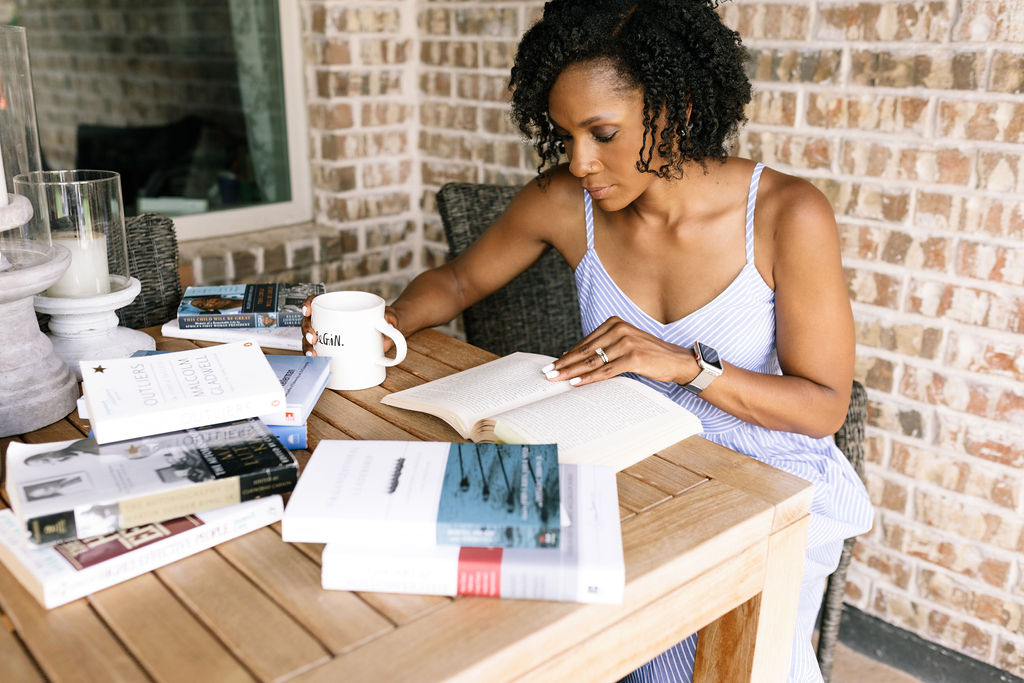
Image Credits
N/A – I own rights to all photos provided
so if you or someone you know deserves recognition please let us know here.

